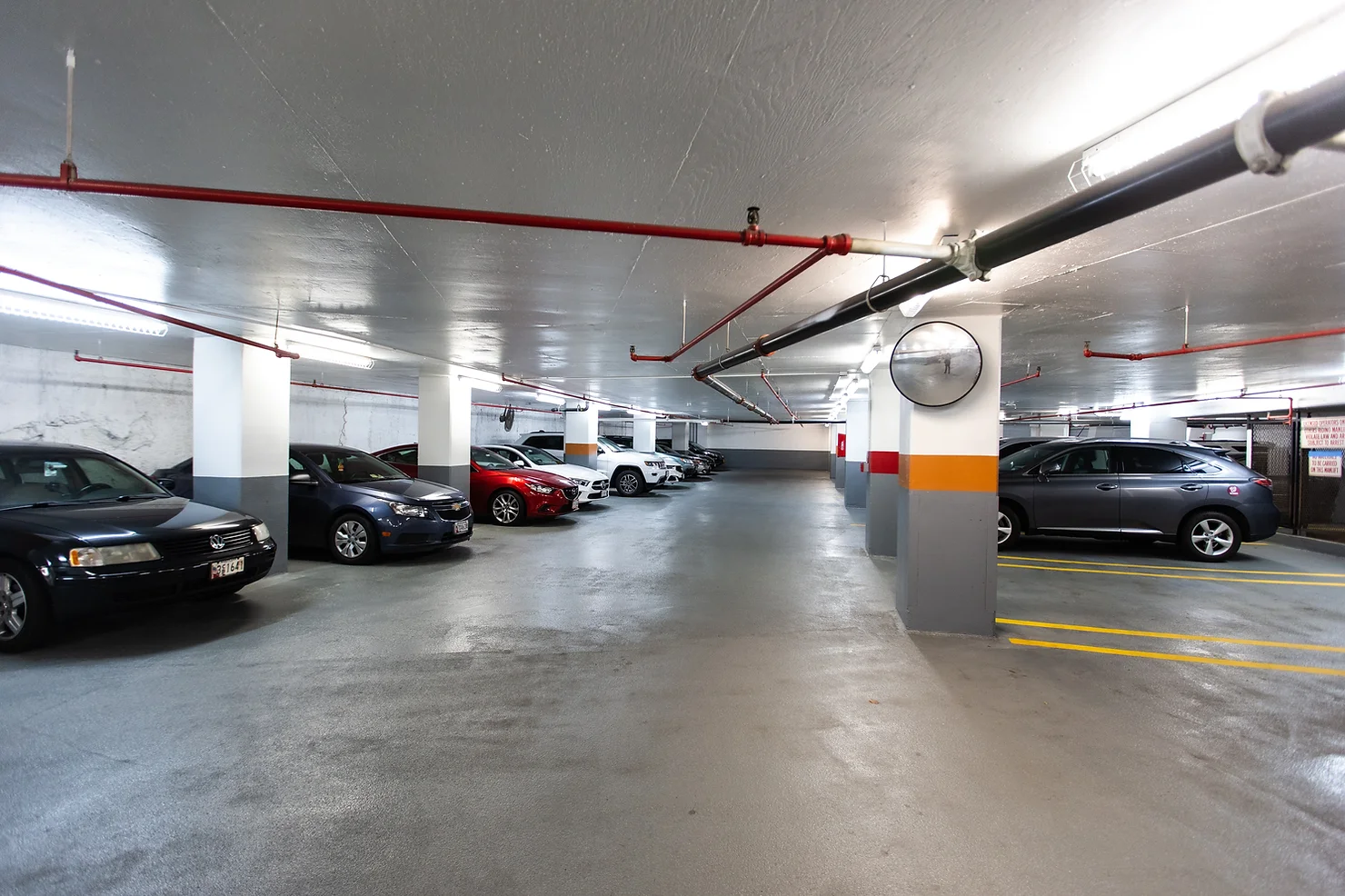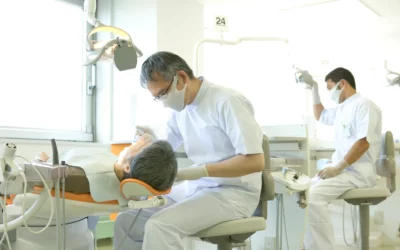In March 2020, during the height of the coronavirus pandemic, the government decided to remove parking charges for NHS staff. This move aimed to prioritise spaces for the staff working day and night to keep the worst affected Covid-19 victims alive.
Just two years on, the government re-introduced charges for sites in England and Northern Ireland, stating it needed to provide more free parking spaces for patients and visitors. Not only this, but it raised fees by £90 per year, putting the average yearly cost per employee at a very steep £1,000.
But the pressures that initially led the government to abolish parking fees for NHS staff have not disappeared. Despite death rates falling, Covid-19 is still present (around 5,647 patients with the virus are currently in hospital), and the healthcare system is arguably feeling the after-effects of the pandemic more than ever.
If this wasn’t enough, NHS staff (like all of us) are feeling the brunt of the cost-of-living crisis. They work long, gruelling, high-stakes shifts to fund their living expenses, and still must pay as much as £8 per day to keep their car on hospital grounds.
The public service union, UNISON, are calling for the government to remove parking charges for staff within two years, provide emergency bays for on-call staff, guarantee parking bays for all staff with a permit, and several other demands.
To learn more about UNISON’s efforts to change the cost of parking for all hospital staff, including information about what action you can take in your branch, visit their website here.



